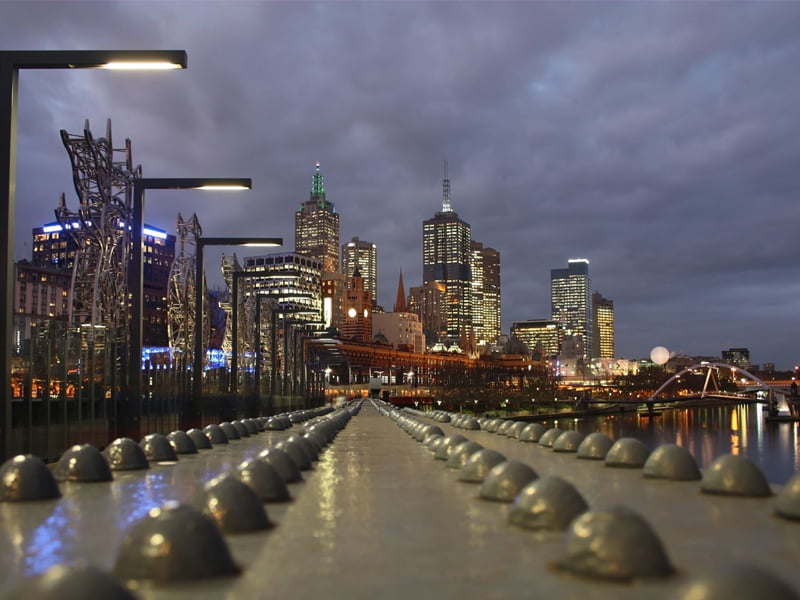The City of Melbourne has released its plan to grow and nurture the local startup community, nearly a year to the day since its crosstown rival unveiled a similar strategy.
Melbourne revealed a draft of its Startup Action Plan 2017-21 last week which will be presented to council on Tuesday.
The plan aims to “help innovators and entrepreneurs to realise their dreams of starting, growing and going global with their small businesses for decades”.

It identifies four key themes that Melbourne will focus on: sustainable growth, places for innovation, inclusive and collaborative culture, and adaptive governance.
New initiatives include working with state government to make office space more affordable, the extension of small business grants, improved events, and efforts to connect startups with industry to improve the commercialisation process.
Mayor Robert Doyle said improving the affordability and quality of co-working spaces on offer is a crucial facet of the plan.
“Our vision is for Melbourne to be recognised as the number one destination for startups and entrepreneurs to start, grow and go global across Australia and Asia,” Mr Doyle said. “New figures show that Melbourne’s CBD is now the co-working capital of Australia with more co-working office space than Sydney.
York Butter Factory co-founder Stuart Richardson said efforts to bring the fractured ecosystem together are more important.
“While the focus tends to be on co-working or flexible spaces, what’s far more consequential to the new economy is the density of entrepreneurial activity and diversity of communities, at scale,” Mr Richardson said.
The City of Melbourne’s plan puts job creation at the centre centre in its strategy.
“Startups lie at the heart of job creation, investment attraction and economic growth across the world’s major economies, and Australia is no exception. Startups contribute to the ideas, skills and jobs that cities will need to compete in the future as more and more traditional job roles face disruption from potential automation and a changing world of work,” the report said.
The report found that Melbourne, along with the rest of the Australia more generally, is falling behind the rest of the world in tech and innovation.
“Our local startup community is raw, passionate and growing in numbers every week, yet our startup ranking has been slipping on a global scale. This is because the stakeholders of other cities around the world have been investing in their startup communities at a faster, more aggressive rate. As a result, on a relative basis, Melbourne is falling behind,” the report said.
According to the report, the City of Melbourne already offers more than 50 different services for startups, and sees its role as the “city custodians” and “stewards of future prosperity”, working to support the city’s “best and brightest” and foster collaboration in the space.
Councillor Susan Riley, who chairs the small business, retail and hospitality portfolio said Melbourne wants to be the tech capital of Australia.
“As the world’s most liveable city, and with a collaborative and socially responsible small business culture, Melbourne is an ideal place to start an entrepreneurial business,” Cr Riley said.
It comes nearly a year to the day since the City of Sydney adopted its own startup action plan. The strategy is vastly similar to the City of Melbourne’s own effort, and aimed at working with industry and government partners to create the infrastructure and environment needed to grow the local tech community.
Sydney’s five key areas to focus on included building a strong entrepreneurial culture, creating skilled entrepreneurs, increasing the density of the ecosystem and improving access to capital.
To differentiate itself, Melbourne’s plan aimed to play to the city’s existing strengths in talent, diversity, liveability and industries like biotech, gaming and cybersecurity.
PoweredLocal CEO Michael Jankie also welcomed the plan’s efforts to leverage Melbourne’s strong cultural reputation.
“It’s good to see the City of Melbourne adding to this point of difference. It provides confidence for partners and we need all hands on deck – municipal, state and federal – to build that trust,” Mr Jankie said.
And any assistance will be embraced by startups. We’re hustlers, we’ll find the advantage and everyone benefits.”
Do you know more? Contact James Riley via Email.

